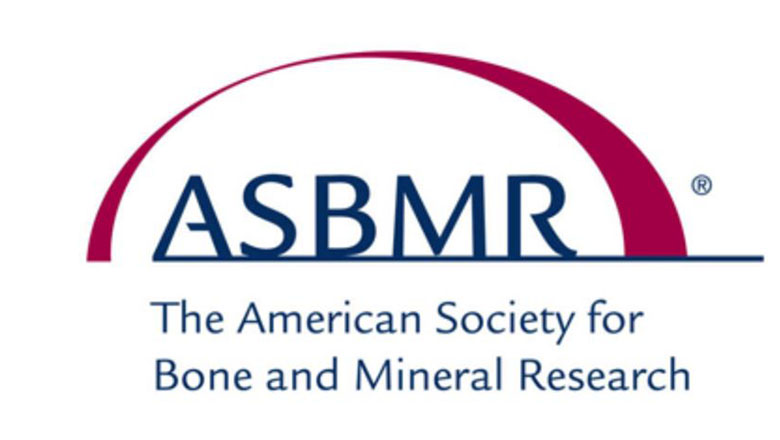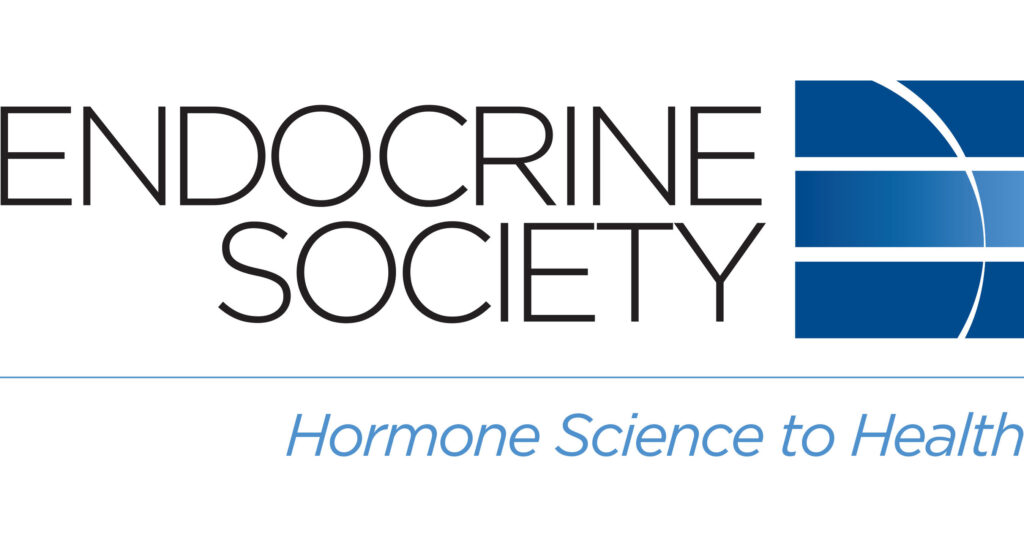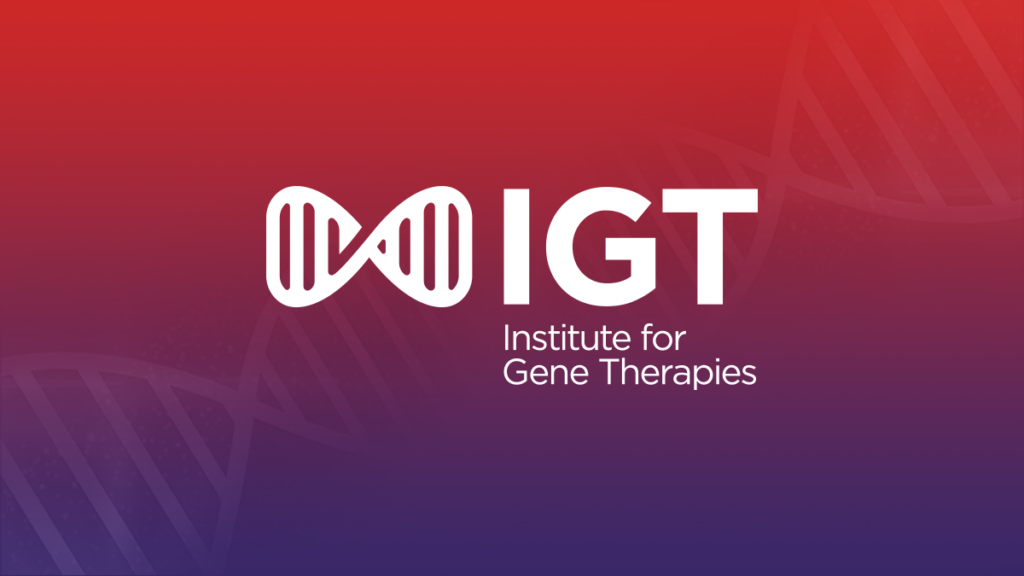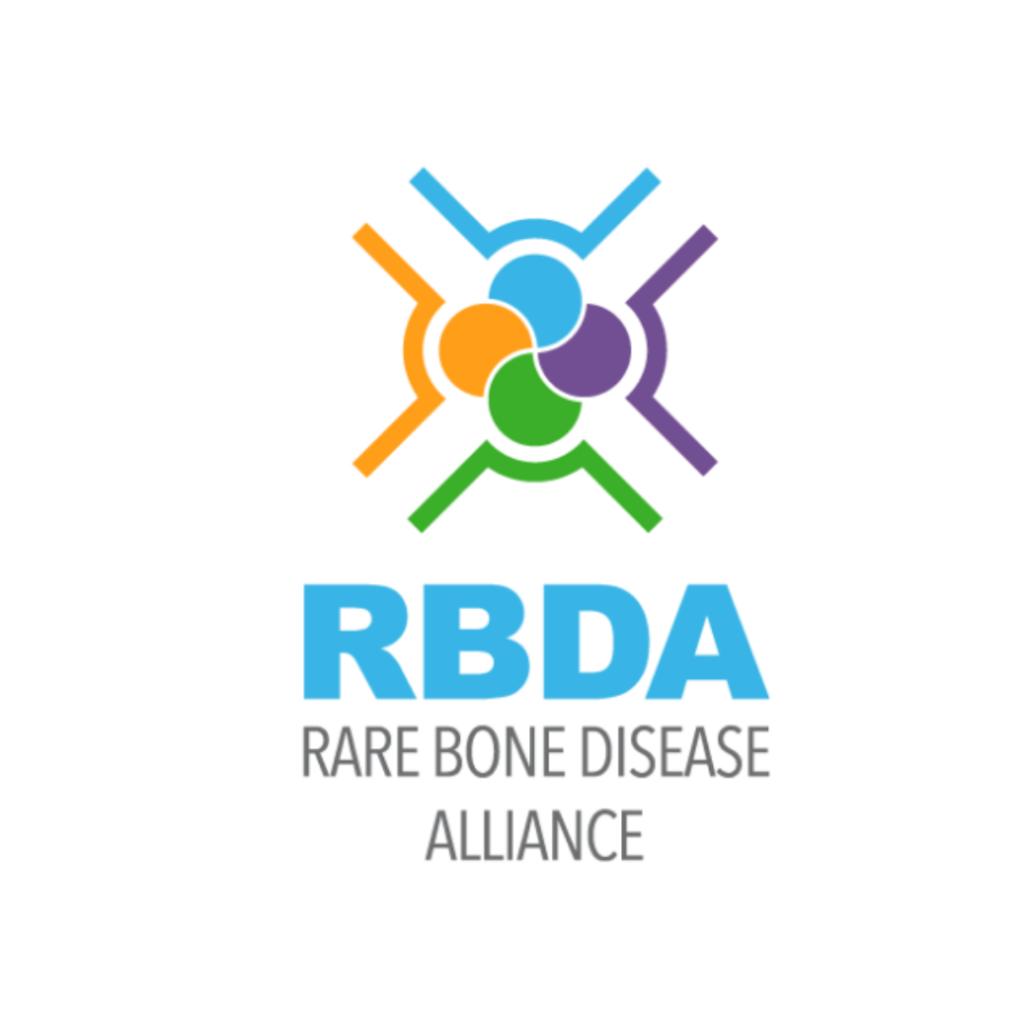Policies & Partnerships
Soft Bones connects with patients, healthcare professionals and other advocacy groups that are unaware of hypophosphatasia and can benefit from the education, information and research data that we provide.
Partnerships
Soft Bones is a member of the Institute for Gene Therapies and is actively involved with discussions around access to treatment. Soft Bones are also a member of the Rare Bone Disease Alliance whose mission is to stimulate education on rare bone disease through working with professional medical and scientific societies, organizing its own meetings, and assisting patients and families affected by rare bone disease. For more information, click here.
Societies
Soft Bones attends medical meetings and collaborates with professional societies, including The Endocrine Society, American Society of Bone and Mineral Research (ASBMR), NORD, Global Genes, BIO, AAPD and others to raise awareness about hypophosphatasia.


Using our collective voice to spread awareness, we also seek out professionals to conduct further research through our grant program to contribute to our mission.
- Soft Bones attends medical meetings and collaborates with professional societies, including The Endocrine Society, American Society of Bone and Mineral Research (ASBMR), NORD, Global Genes, BIO, AAPD and others to raise awareness about hypophosphatasia.
- Soft Bones was involved in the advocacy and launch efforts for the Ensuring Lasting Smiles Act (ELSA), which would require all private insurance group and individual health care plans to cover medically necessary services resulting from congenital abnormalities. That coverage would include services and procedures for any missing or abnormal body part necessary to achieve normal body function, including teeth.
- Working independently, as well as alongside other organizations, Soft Bones educates the nation’s leaders through Congressional Briefings and State House events. We also work with the Social Security Administration, the National Institutes of Health (NIH) and The Rare Bone Alliance, which lobbies for increased federal spending to accelerate research, track prevalence and develop drug treatments and therapies.



